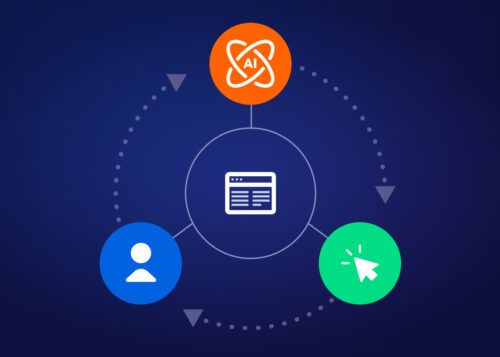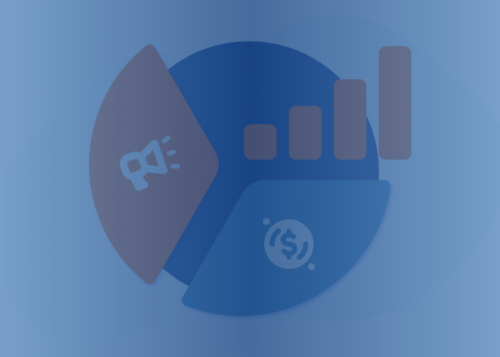Impress Your Prospects With Pre-Call Planning

Every successful sales rep knows that the job does not begin when you pick up the phone. Pre-call planning is what separates a successful call from a missed opportunity. You only get one chance to make a first impression. Do you want to come off as a disorganized, ill-informed salesperson making your 80th call of the day, or do you want to be seen as a professional and relatable person able to have an engaging and productive conversation?
To understand how best to plan for a call lets separate the two types of calls you might be planning for: inbound leads and cold calls. They will each require different types of planning.
Inbound Leads
First thing’s first, it is vital to leverage the information you’ve already collected. Inbound leads are being passed to you because they’ve been to your website, downloaded a couple of free offers, and/or read a few of your blogs.
This is all extremely useful information! Make sure you know what your company has sent them and what they’ve read. This information speaks to their specific needs. When you talk to them on the phone or send them an email make sure to call out the content and a related value prop. Chances are they’ll already assume these are the reasons you’re reaching out, so be up front about it.
You should also pay attention to where the lead came from. Were they an old customer? Did they follow an article from LinkedIn? The more information you have the more you can relate to them.
Cold Call
While inbound leads are all about using the information you have already gathered, cold calling requires you to do some digging. Just because they haven’t given it to you doesn’t mean there isn’t a wealth of information out there. When researching a new lead the two areas you want to find information on are the prospect and the company.
Prospect
LinkedIn is typically the first step in finding information about your prospect. It is a particularly great place to find information about past job experiences and mutual connections. A quick Google search could also unearth past projects or events, articles written, or personal blogs. Other social media like Twitter can also contain some good nuggets.
Whatever sources you use, you should generally be looking for two types of information: something you can relate to your product, and commonalities you can use to make a personal connection.
If you are able to start off your call with a personal connection, like a mutual love of hockey for instance, they won’t feel like just one of the hundred calls you’re making that day. It will also differentiate you from the dozens of sales calls they likely receive on a daily basis. This will make them more receptive to hear about how your solutions can solve the specific problem they tweeted about last week.
Company
Understanding the state of the organization you are calling into is equally important. Look over their company website and use a site like Crunchbase to gain additional information.
Having a clear understanding of what their company is currently involved in is important when looking for a way to convince them your software can help. Using tools like DiscoverOrg and Google Alerts can help you gather relevant information regarding the current needs of their company.
Pre-call planning is a vital part of any SDR strategy. The thing to remember is that it is all about finding ways to stand out from other reps. Making a personal connection on the call or pointing out something that no one else has will get them interesting and willing to talk to you.
By doing the right research and using it in your prospecting you’ll find that cold calling becomes a lot warmer, and most prospects respect the amount of work you put into your research. Recently, one of our clients’ prospects reached out to their AE to let them know how impressed they were by dD SDR Matt Berman’s research and persistence, saying “to be honest Matt is one of the most persistent sales reps I’ve ever seen, he was definitely doing his homework. [He] emailed almost everyone in the organization and said some stuff that I don’t even know how he found out about.”
Put these research methods in place before your next call and let us know how it goes!
If you want to start a conversation about it, head over to SDRevolution and join the community.
Like what you see? Contact us!
Related Resources
Continue exploring

When should businesses outsource sales development?

SDR vendor evaluation checklist: A strategic tool for sales & marketing leaders

12 KPIs to drive a more predictable and efficient GTM strategy

Traditional content syndication is broken. Here's how to fix it.

A Guide to Research-Based Prospecting in 2024

Drive Revenue by Expanding Interdepartmental Cohesion



